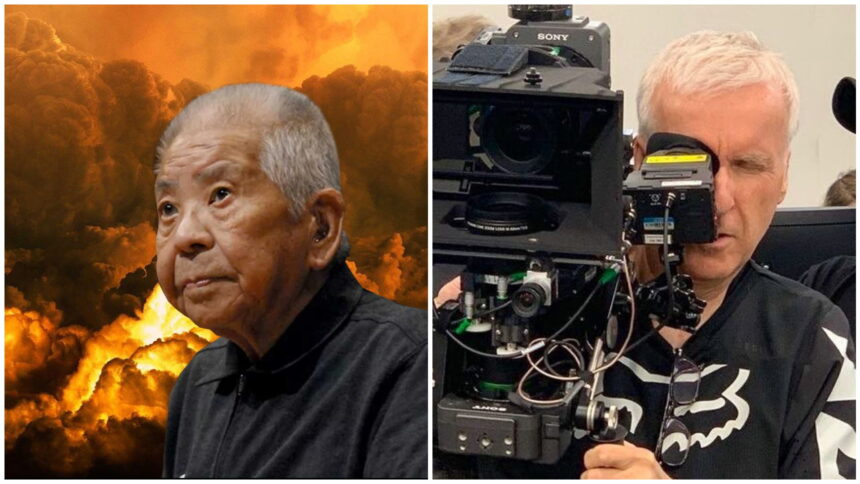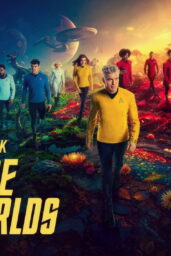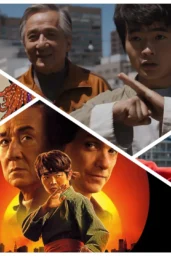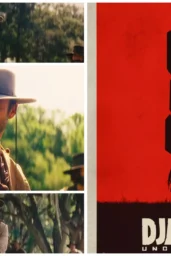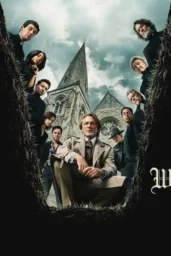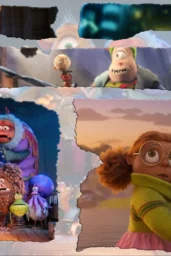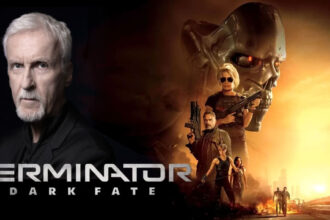Nothing about this feels safe—and that's exactly the point.
James Cameron, the king of cinematic spectacle, has officially confirmed that his next project outside the Avatar juggernaut will be Ghosts of Hiroshima—a searing, historically grounded drama based on Charles Pellegrino's novel of the same name. It's not just a left turn. It's a narrative detonation.
You can practically hear Hollywood execs holding their breath.
After spending nearly three decades immersed in blue-skinned epics and billion-dollar box office records, Cameron's decision to focus on the legacy of atomic warfare in Japan—through the lens of real survivor Tsutomu Yamaguchi, the man who lived through both Hiroshima and Nagasaki—is more than a thematic shift. It's a creative dare.
“He was handing the baton of his personal story to us,” Cameron told Deadline. “I have to do it. I can't turn away from it.”
That's not just emotional weight. That's responsibility in cinematic form.
Hollywood's Most Explosive Genre: Truth
Let's be real—Hiroshima is a narrative landmine. America's collective memory of the atomic bomb is still laced with jingoism and guilt. Most U.S. films that touch the topic (Fat Man and Little Boy, Oppenheimer) filter the horror through white lab coats and desert test sites. Cameron's film threatens to reverse the camera.
And that's what makes it radical.
Cameron's not just telling history—he's promising a “bold, uncompromising theatrical film” with forensic archaeology, survivor testimony, and a hauntingly intimate view of nuclear trauma. This isn't just Schindler's List with radiation. It's potentially a new genre: the post-apocalyptic biopic.
This Isn't His First Deep Dive into Catastrophe
Remember Titanic? Of course you do. That was the last time Cameron dipped his toe into real-world tragedy. But there's a key difference: Titanic gave audiences romance in the wreckage. Ghosts of Hiroshima may offer no such comfort.
The closest tonal cousin might be Come and See (1985), the harrowing Soviet film about Nazi atrocities—brutal, unflinching, unforgettable. If Cameron brings even a fraction of that energy, Hiroshima could rip the polite veneer off every “we had to drop it” justification still floating around American discourse.
Why This Film Could (And Should) Shake the Industry
Cameron's clout could force mainstream audiences—and the industry—to confront what's usually buried in documentaries or foreign arthouse. There's a pattern here: post-Oppenheimer, viewers are finally engaging with the moral calculus of atomic warfare.
And with Martin Sheen attached as the audiobook narrator, we're already getting echoes of gravitas. Sheen, the fictional president who once navigated fictional nukes (The West Wing), now lends his voice to real nuclear horror. That's not casting—it's commentary.
Add to this the upcoming 80th anniversary of Hiroshima, and the timing becomes sharp enough to draw blood.
Here's the uncomfortable truth:
Ghosts of Hiroshima might bomb at the box office.
It might get buried in controversy, boycotts, think pieces.
It might make audiences deeply uncomfortable.
And that's why Cameron has to make it.
This is a man who stood on the deck of the Titanic and asked us to feel love.
Now he's walking through the ashes of two cities and asking us to remember.
Would you risk watching something that won't let you look away?
Drop your thoughts—before the discourse detonates.

